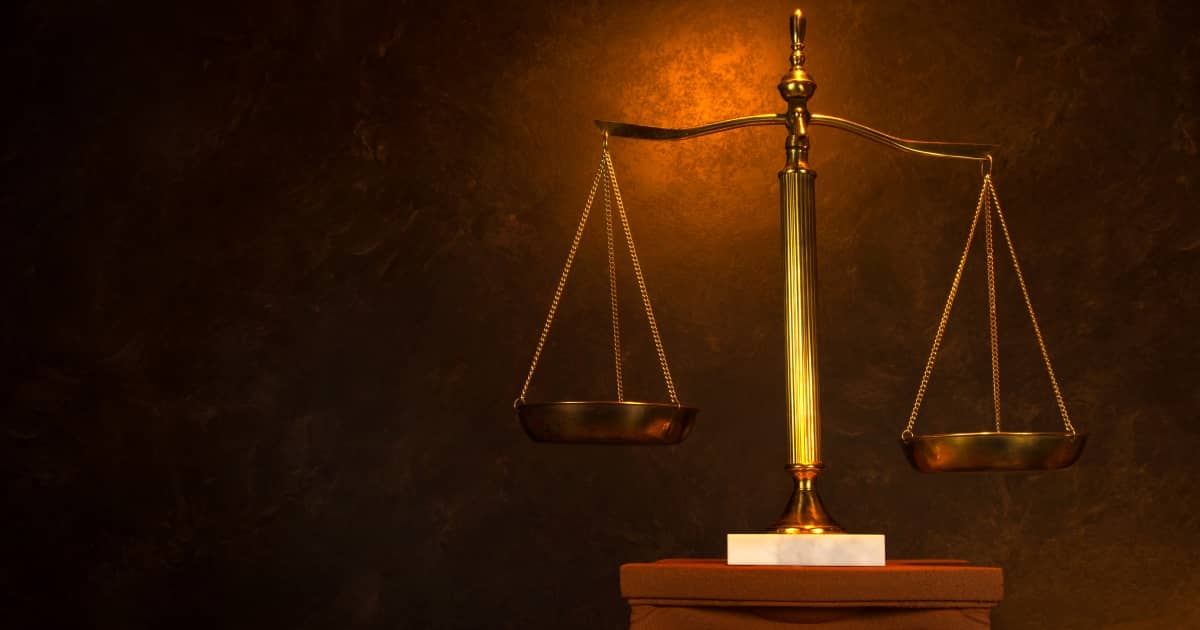[vc_row][vc_column][vc_column_text]Probation is a legal punishment often given to first-time, non-violent offenders who plead guilty to or are convicted of a crime. Probation allows for eligible offenders to minimize jail time by complying with certain rules and conditions imposed by the court. The terms and length of probation can vary from case to case and are contingent on following all of the prescribed terms while not committing additional crimes. Violating the terms of probation can land a defendant in jail, sometimes up to the maximum jail sentence allowed by the law. Criminal defense lawyers will usually seek probation whenever possible to keep their clients from serving time behind bars.
There are two main types of probation: summary probation and formal probation. Summary probation is more common for crimes considered less serious and does not have supervisory requirements. Formal probation is for more serious crimes and felonies and requires regular meetings with a probation officer. Formal probation is more restrictive than summary probation. Both forms of probation are conditional, and typical conditions of probation can include:
- Attending court appearances
- Community service
- Not committing additional crimes
- Not meeting with certain individuals or groups
- Not visiting certain locations
- Obtaining permission before traveling out of the state
- Abstaining from drugs and/or alcohol
- Being tested for drugs and/or alcohol
- Attending substance abuse prevention programs
- Restitution










